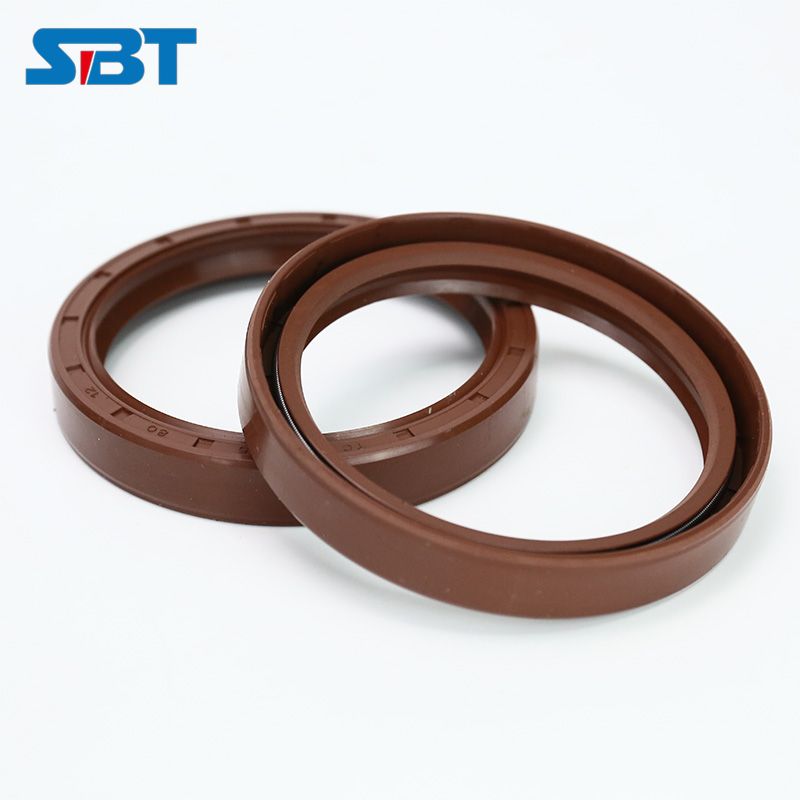Sep. 22, 2023
Mechanical Parts & Fabrication Services
Mechanical seals can be categorized into various types based on their design and application. Here are three common types of mechanical seals:
Pusher Type Mechanical Seal:
The pusher type mechanical seal is one of the most widely used designs. It consists of a spring-loaded seal face (either the rotating or stationary face) that pushes against the opposing face to create a sealing interface.
This type of seal uses a set of secondary sealing elements, such as O-rings, to maintain the seal and prevent leakage.
Pusher seals are suitable for a wide range of applications and are known for their reliability and ease of maintenance.
Non-Pusher (Outside) Type Mechanical Seal:
Non-pusher or outside type Subote Mechanical seals have their spring and secondary sealing elements located outside of the seal cavity, away from the process fluid.

This design reduces the risk of the spring and secondary seals being exposed to corrosive or abrasive fluids, making them suitable for challenging applications.
Non-pusher seals are often used in situations where the process fluid could damage or contaminate the sealing elements.
Cartridge Type Mechanical Seal:
Cartridge mechanical seals are pre-assembled units that consist of all the necessary components, including the seal faces, springs, and secondary sealing elements, housed in a single cartridge.
These seals are designed for easy installation and replacement, reducing the need for extensive maintenance and alignment adjustments.
Cartridge seals are often used in applications where quick seal replacement and minimal downtime are critical, such as in the chemical and petrochemical industries.
Each of these mechanical oil seal types has its advantages and is chosen based on the specific requirements and conditions of the equipment and process in which they are used. Proper selection and maintenance of the appropriate mechanical seal type are essential to ensure the reliability and performance of industrial machinery.
Previous: How to Maintain a Kubota Diesel Engine for Optimal Performance?
Next: What are the different types of hydraulic check valves?
If you are interested in sending in a Guest Blogger Submission,welcome to write for us!
All Comments ( 0 )